The simple and straightforward answer to the question, “Does historical accuracy matter in the RTS genre?” is “well yeah, duh.” If we’re going to be playing a game based around a certain time period in history, or if it is supposed to depict a historical event, perhaps because we generally tend to “know” what really happened and are aware of the facts surrounding them, we have a natural inclination to denounce everything we perceive as “false.” It only seems logical that if we witness something we think to be untrue, to call it out or at least notice it.
This problem on the question of historical authenticity is and has been especially problematic within the RTS genre. It is one of the few types of games where the player simultaneously controls various types of units at the same time and tests them against one another. This means that developers have to take into account how each and every unit will react when put against all the others. What’s more, the RTS genre is one heavily dominated by games that use history itself or a period of it as a base for the whole game. Games like Total War, Age of Empires or Company of Heroes are some of the heaviest weights you can find in the genre and, with the exception of recent Total War titles, rely heavily on history.
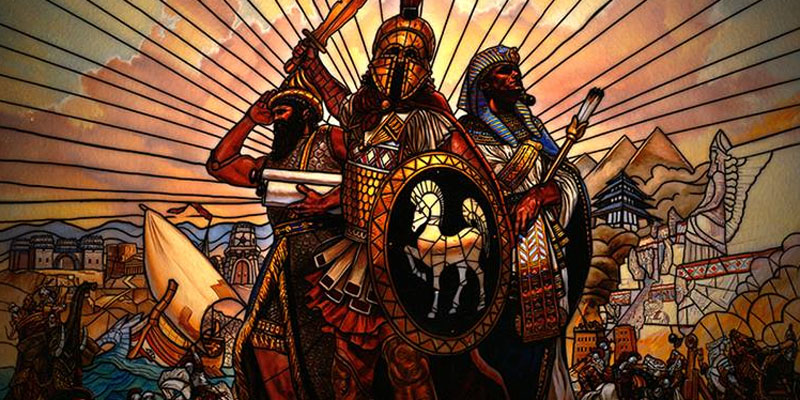
Age of Empires is famous for depiting ancient historical periods…while being able to Wololo that war elephant into joining your army.
The question is then not so much does historical accuracy matter, but how much does it matter, and up to what point. When playing an RTS game that is based on a historical period, chances are we would prefer to play a title that is historically accurate rather than one that isn’t. The exception to this would be if a game is explicitly marketed as one that doesn’t intend to be accurate and it is not what players should expect. Games like War Front: Turning Point or Age of Empires do not have the emphasis on being accurate, but rather on taking you through alternative timelines or various historical ages, respectively.
Though not an RTS, Civilization is a series guilty of historical inaccuracies.
The titles that do brand themselves as being historically factual have then to find a balance between that faithful representation of reality, and being overall fun. These are the titles where developers are inevitably forced to decide how much are they willing to bend the rules and how can they justify it. In the end, developers do and should put gameplay and enjoyment over being accurate. If they did the opposite, games wouldn’t be nearly as fun and it would result unavoidably (but historically accurate) imbalances that would be especially pronounced in the multiplayer arena. Games shouldn’t be imbalanced no matter how accurate it may be.
Most history buffs of World War 2 know that German tanks were overall better than their American counterparts, but that doesn’t mean it should be as so in a video game that doesn’t go beyond a computer monitor. RTS and video games overall are meant to be fun first and foremost. They are rarely, if ever, marketed as tools meant to depict how past events developed. The fact of the matter is a historically inaccurate game is infinitely better than a broken game, which was what they risk being by putting the former ahead of the latter.
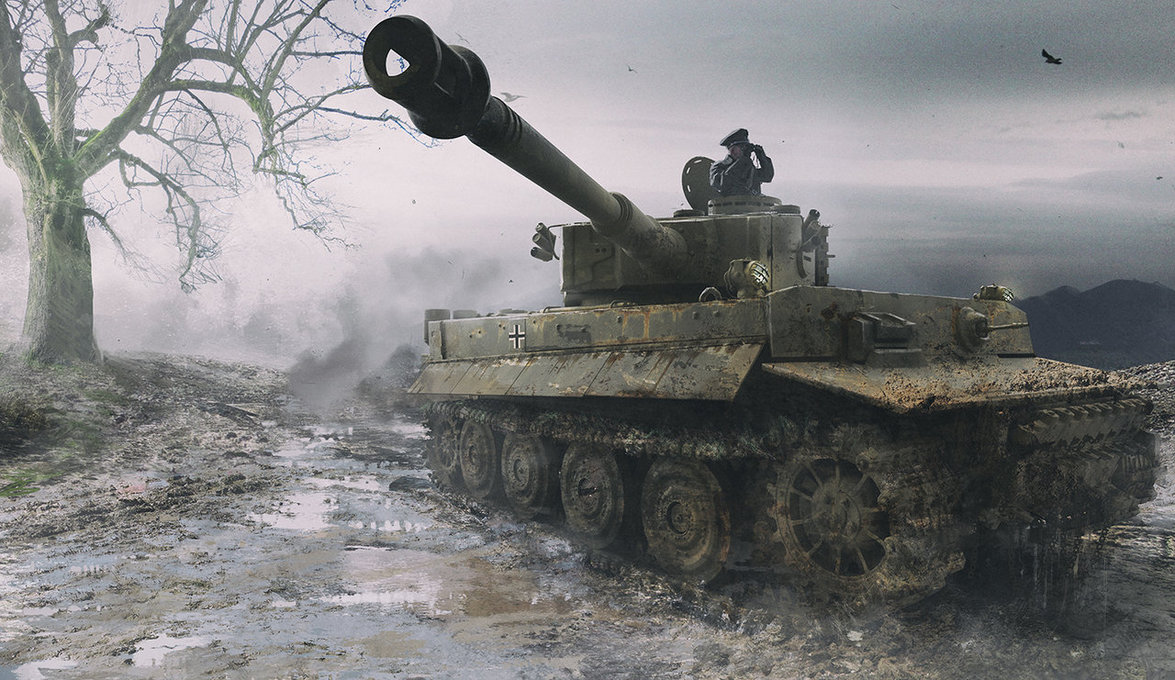
German Tiger Tank I was notoriously superior to the M4 Sherman.
No matter the game and no matter the time period, some players out there are always willing and determined to point out the historical inaccuracies a game may suffer. They’ll voice their complaints about how their favorite unit should endure more damage or whatnot within the game. What these players often fail to realize is that games that take history as a basis do exactly that: as a basis. They merely use it as a foundation upon which to build their own fictional world. To expect anything other than that is misguided, ill-founded, and will only hamper the enjoyment of the game itself.

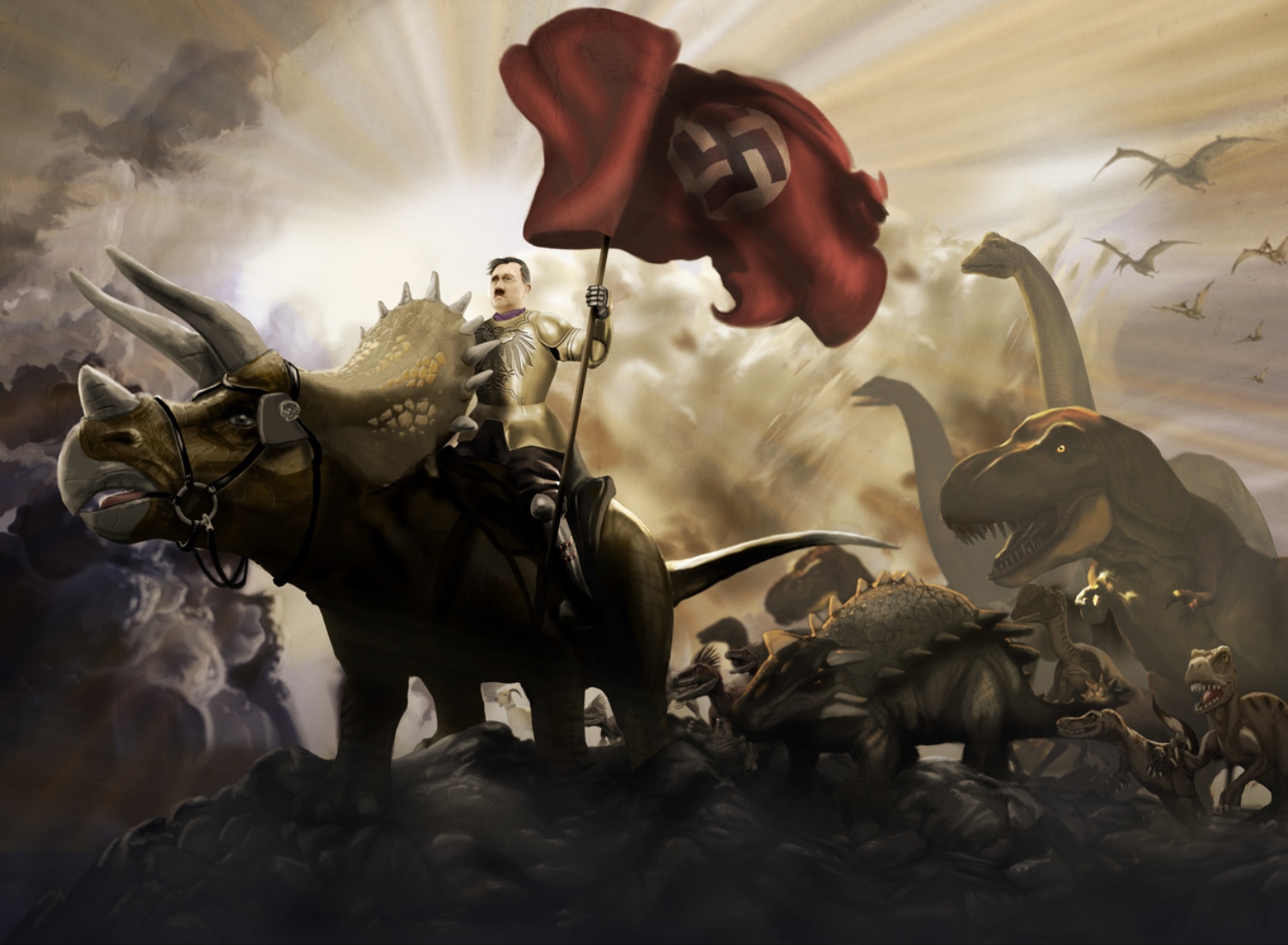
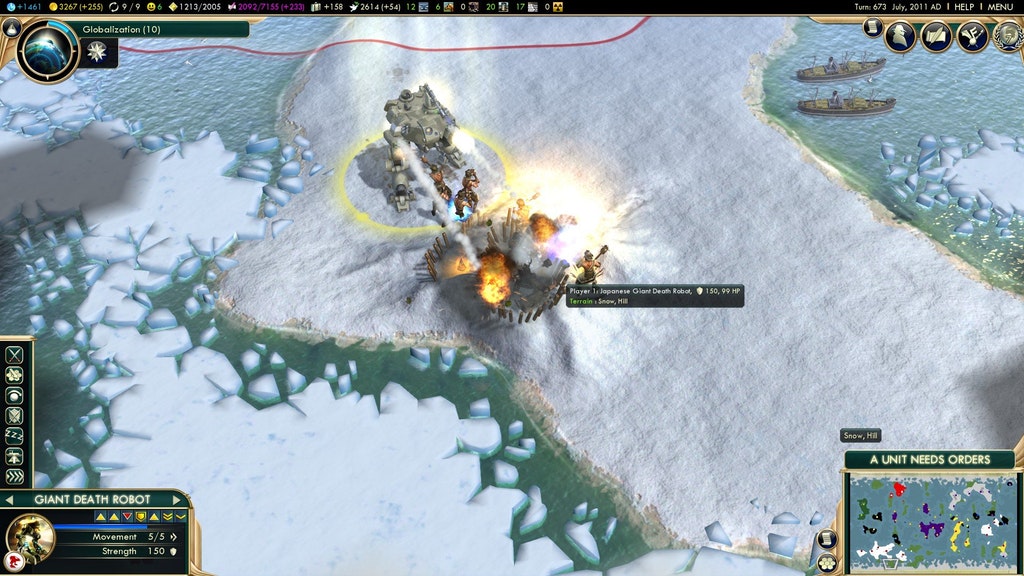






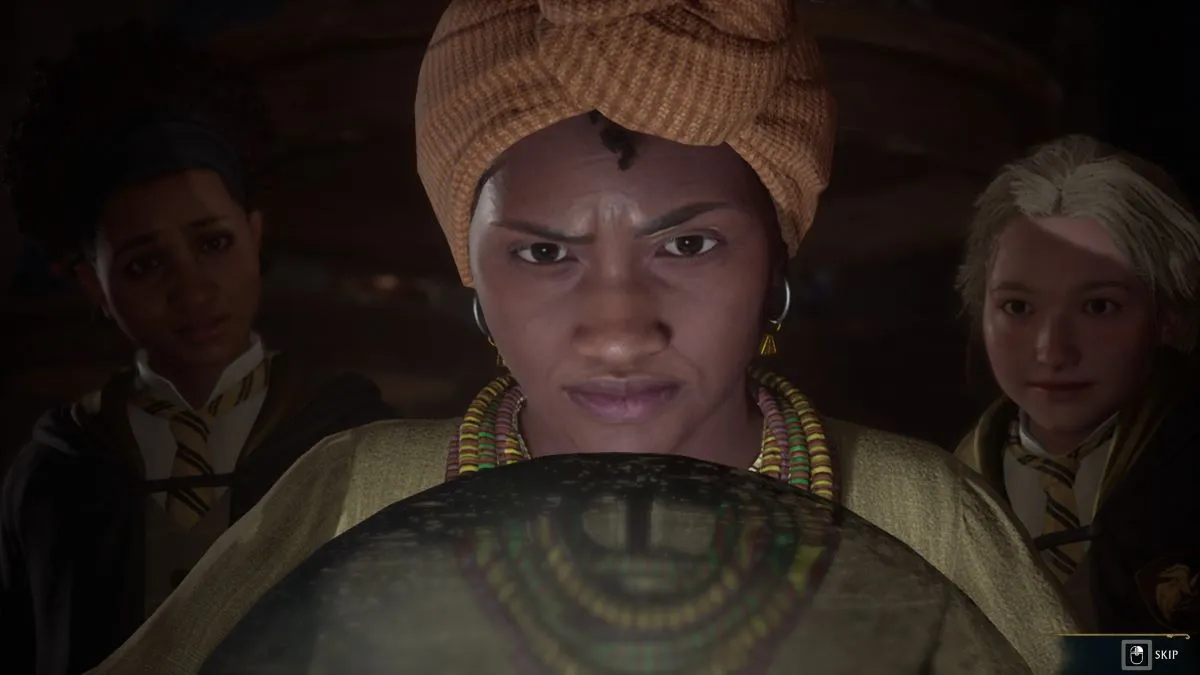
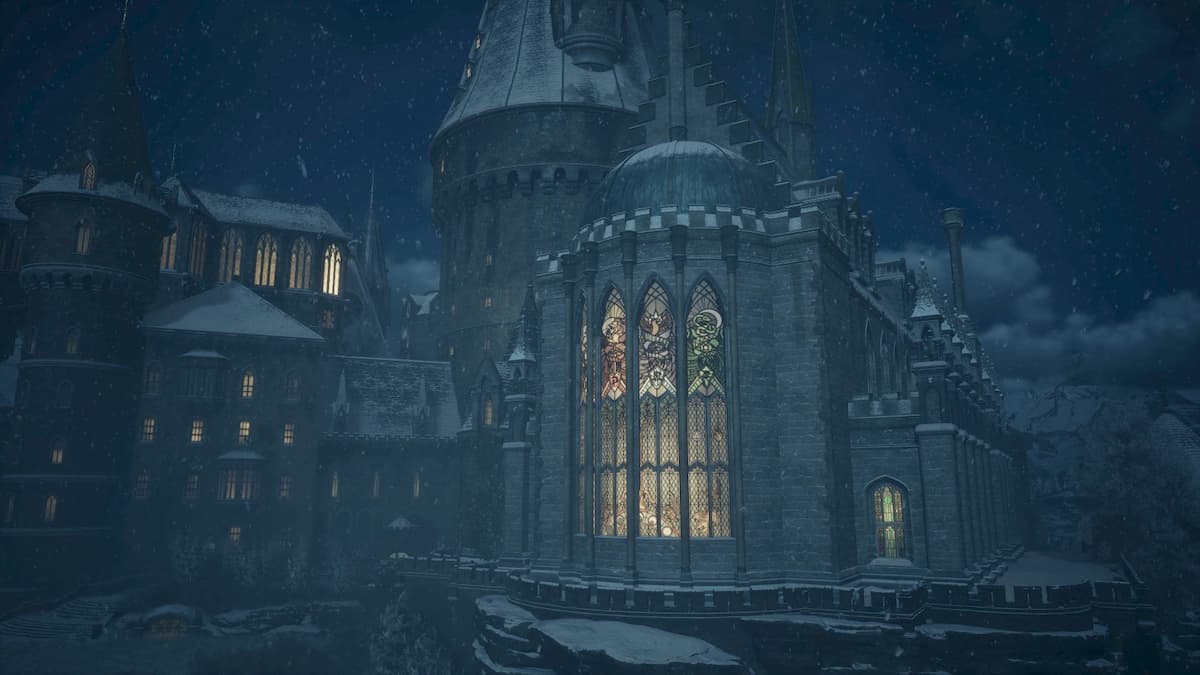
Published: Feb 21, 2018 11:41 am